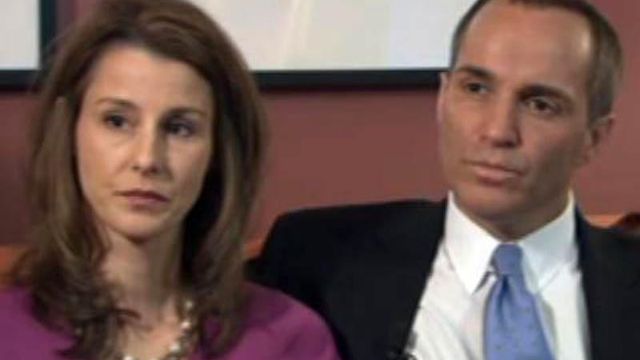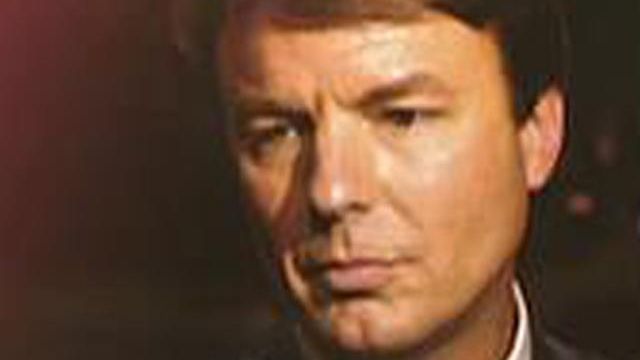Edwards' appearances at UNC poverty center were few
Two-time Democratic presidential candidate John Edwards oversaw or attended 20 events in his almost two years in charge of a UNC anti-poverty center.
Posted — UpdatedFollowing his defeat in the 2004 presidential election, Edwards was named the founding director of the UNC Center on Poverty, Work and Opportunity, giving him a platform to continue discussing poverty issues in America.
Former Edwards aide Andrew Young wrote in his new book, "The Politician," that Edwards seldom worked at the center between its February 2005 opening and December 2006, when he left to begin his second bid for the White House.
"On the rare occasions when he was at the center, he did mostly political work, including fundraising," Young wrote, noting that Edwards also used his appointment to try to score tickets to UNC basketball games.
In response to a request from WRAL News, the UNC School of Law this week released a list of events that Edwards appeared at or helped plan.
"Most universities, including UNC, do not require faculty members to maintain a regular schedule, so we did not maintain a record of John Edwards’ weekly schedule," Katie Bowler, assistant dean for communications at the law school, said in an e-mail. "While it was a part-time position, he was still in the office during the academic year one day per week, on average. He spent a good deal of time every week on the phone and in meetings, lining up speakers for center events, fundraising for the center and generally advancing the work of the center, even when not on campus."
The list of his involvement with the center included the following:
Edwards' annual salary of $40,000 as center director was funded by private gifts. During his time there, the center received more than $3.3 million in private gifts, including cash and pledges.
Young's 300-page book suggests Edwards put on a public persona to appeal to voters but acted far differently behind the scenes. He depicts Edwards as someone caught up in the trappings of power while railing against the disparity between wealthy and poor Americans.
• Credits
Copyright 2024 by Capitol Broadcasting Company. All rights reserved. This material may not be published, broadcast, rewritten or redistributed.






